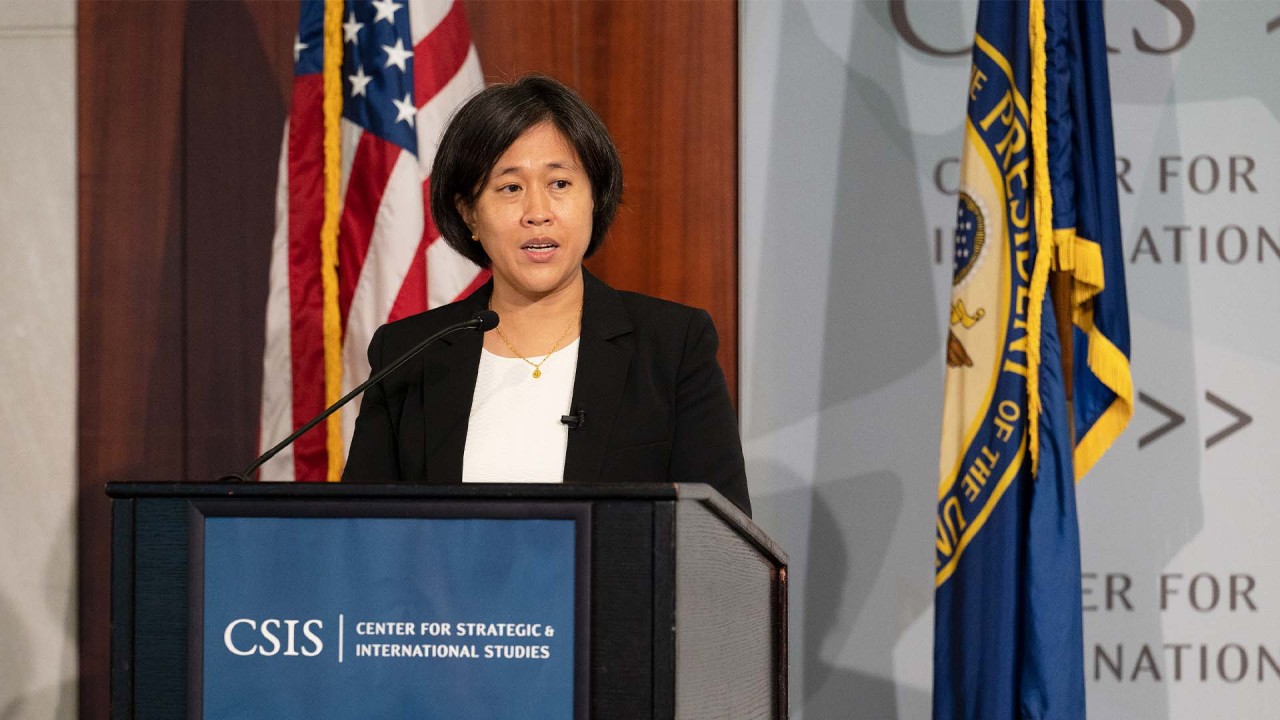Moments after a 4 p.m. deadline passed, the U.S. Supreme Court placed an indefinite hold on the controversial Texas SB4 Immigration Law. Justice Samuel Alito issued another order temporarily blocking the bill from taking effect.
The last-minute intervention does not specify a timeframe for the latest pause. For now, state law enforcement officers will not be prosecuting, jailing, or deporting migrants who enter Texas illegally from Mexico.
The new law would allow state and local law enforcement officers to arrest and prosecute migrants illegally entering the state. The law provides stiff penalties for illegal entry into the United States through Texas. It also provides a mechanism for migrants to be removed from the United States as part of their sentencing process for the crime of illegally entering the state.
The federal court wrangling on the constitutionality of Texas’ new immigration law has seen the law blocked, reinstated, and paused by the Supreme Court on three occasions. In late February, Austin’s Senior U.S. District Judge David Ezra halted the implementation of Senate Bill 4, which was to take effect on March 5, citing the federal government’s supremacy over the enforcement of immigration laws.
In his decision, Ezra stated, “For the past century, Texas has relied on its expansive police powers afforded to it under the Constitution to regulate crime within its borders. Texas may continue to do so, but it cannot regulate the federal field of unlawful entry and removal.”
Texas filed an appeal of Ezra’s ruling on the matter leading up to a Saturday federal appeals court ruling that granted a seven-day hold barring enforcement of the law from allowing the Biden Administration to elevate the matter to the United States Supreme Court. Under the appeals court ruling overturning Ezra’s initial order, the law would have gone into effect on March 9 had the Supreme Court not stepped in.
Texas SB4 mirrors a current federal statute under Title 8 of the United States Code 1325, which makes illegal entry into the United States a misdemeanor for a first-time offender and a felony for a second offense. Under the Biden administration, the federal statute has not been pursued to any significant degree.
The law will likely face an uphill battle before the country’s highest court. In 2010, a similar immigration law signed by then-Arizona Governor Jan Brewer would have made illegal presence by a migrant and unlawful employment by a migrant in the state a misdemeanor crime. Ultimately, the Supreme Court ruled that Arizona’s SB 1070 infringed upon the supremacy of the federal government to regulate and enforce immigration laws.
Randy Clark is a 32-year veteran of the United States Border Patrol. Prior to his retirement, he served as the Division Chief for Law Enforcement Operations, directing operations for nine Border Patrol Stations within the Del Rio, Texas, Sector. Follow him on Twitter @RandyClarkBBTX.
Note: This article have been indexed to our site. We do not claim legitimacy, ownership or copyright of any of the content above. To see the article at original source Click Here












.png)
